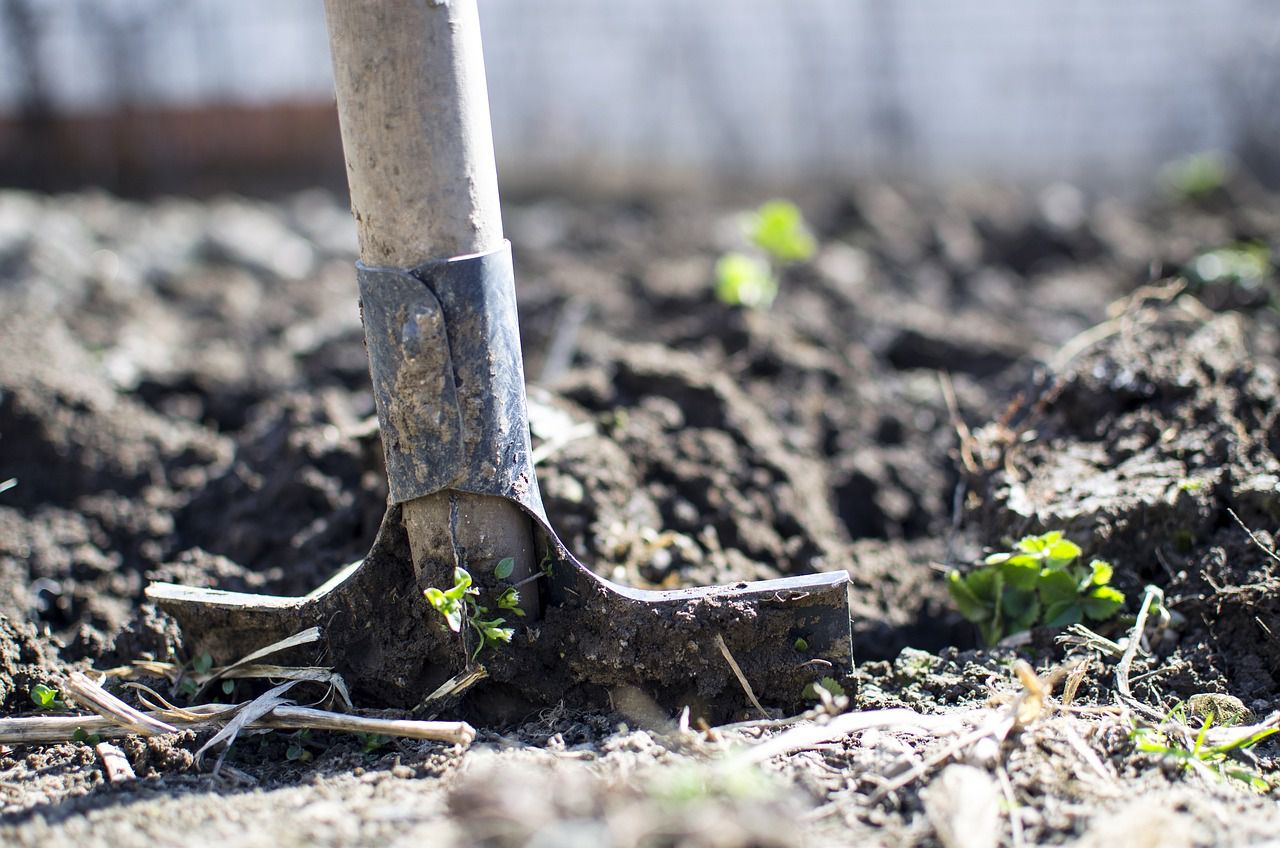How you can accidentally spoil the soil of your garden: Gardening mistakes
Spoiling the soil in your garden refers to damaging or degrading its quality and fertility, which can negatively impact plant growth and overall garden health.
If you're new to gardening, then some mistakes can spoil the soil and decrease your harvest.
There are several actions that can lead to soil spoilage.
Over-Tilling
Excessive tilling or digging can disrupt the natural soil structure, break down beneficial soil aggregates, and disturb the delicate balance of microorganisms.
This can lead to soil compaction, poor drainage, and decreased nutrient retention.

Compaction
Heavy foot traffic or using heavy machinery on the soil can compact it, reducing pore spaces and limiting the movement of air, water, and nutrients.
Compacted soil hinders root growth and leads to poor drainage.
Chemical Overuse
Excessive use of chemical fertilizers, herbicides, and pesticides can disrupt the soil's natural microbial community and nutrient balance.
This can lead to nutrient imbalances, soil acidification, and toxicity to beneficial organisms.
Erosion
Poor soil management practices, such as leaving the soil bare or removing vegetation, can lead to soil erosion by wind and water.
Erosion strips away the topsoil layer, which contains essential nutrients and organic matter.
Monoculture Planting
Planting the same type of crop or plant in the same location repeatedly can deplete specific nutrients from the soil and increase the risk of pests and diseases targeting that plant.


